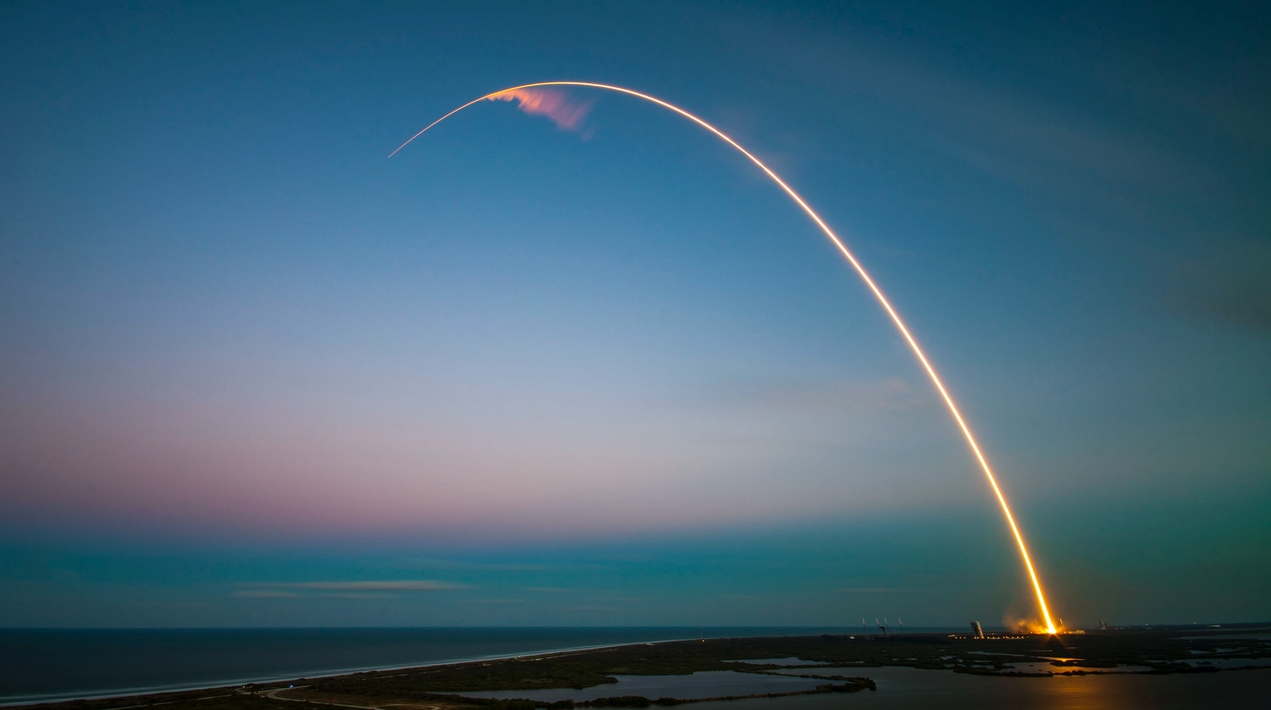
A recent statement said that Thailand will have built and launched a spacecraft that will orbit and explore the moon within 7 years. The Minister of Higher Education, Science, Research, and Innovation was speaking at a press conference at Bangkok’s Chulalongkorn University, where an update on Covid-19 vaccines was being provided to the media.
He says that, in addition to Thailand making good progress with its own Covid-19 candidate vaccine, the government will launch a space project by mid-January of next year. He adds that Thailand will be the fifth Asian country to send a craft to the moon, following in the footsteps of China, India, Japan, and South Korea. He says information on how the project will be funded is to be confirmed, adding that Thai people may be invited to contribute.
Besides the important announcement of Covid-19 vaccine production, the government also announced that Thailand will be the fifth nation in Asia that will be able to build a spacecraft and send it to orbit the moon. The Ministry of Higher Education, Science, Research and Innovation and the Thai government promise to continuously move forward for the future of the country.
On 3 September 2020, the Royal Thai Air Force launched its first satellite into space. The satellite will be used for general data collecting as well as for security purposes in efforts to prevent foreign countries from spying on Thailand.
The nanosatellite, Napa-1, was launched at the Guiana Space Centre in French Guiana. It was one of 53 satellites carried in the Arianespace Vega rocket, Flight VV16. 7 of those satellites were about 15-kilogram microsatellites while the others were smaller nanosatellites.
The satellite will be at a low Earth orbit 500 kilometres above the Earth’s surface. It will be used by the military to survey Thailand. It will collect data that would help with natural disaster relief efforts like monitoring water to provide data for flooding and drought management. It can also detect hotspots to prevent forest fires.
A core mission of the security satellite is to prevent foreign countries from spying on Thailand, according to the head of Space Operation Centre. In a June report from the Bangkok Post, he said the satellite will improve Thailand’s “space security”. The air force doesn’t intend to use this satellite for warfare or track specific individuals; it is to upgrade general security systems.
In October, OpenGov Asia reported that Thailand is looking to implement a National Space Act, which will integrate all the country’s space-related activities, enact space laws, and boost the space economy.
In a meeting held on 2 October by the National Space Policy Committee, chaired by Deputy Prime Minister, the committee appointed the Geo-Informatics and Space Technology Development Agency (GISTDA) to draft a preliminary Space Act. Currently, GISTDA assumes the role of a space agency in Thailand, although other agencies – such as the Ministry of Defence – conduct space activities of their own, like launching satellites.
The National Space Policy Committee comprises representatives from GISTDA, as well as the Ministry of Defence, Ministry of Foreign Affairs, Ministry of Digital Economy and Society, Ministry of Natural Resources and Environment, Ministry of Higher Education, Science, Research and Innovation, the Office of the National Economic and Social Development Council, the Office of the Broadcasting Commission Television, and Office of The National Broadcasting and Telecommunications Commission (NBTC).
Thailand believes that an official Space Act will propel the country’s space industry, primarily by capitalizing on the opportunities presented by NewSpace. Among the topics, the Space Act will cover are potential launch sites or spaceports (including the construction of them), satellite manufacturing, space applications, space tourism, space mining, and research experiments in space.
















